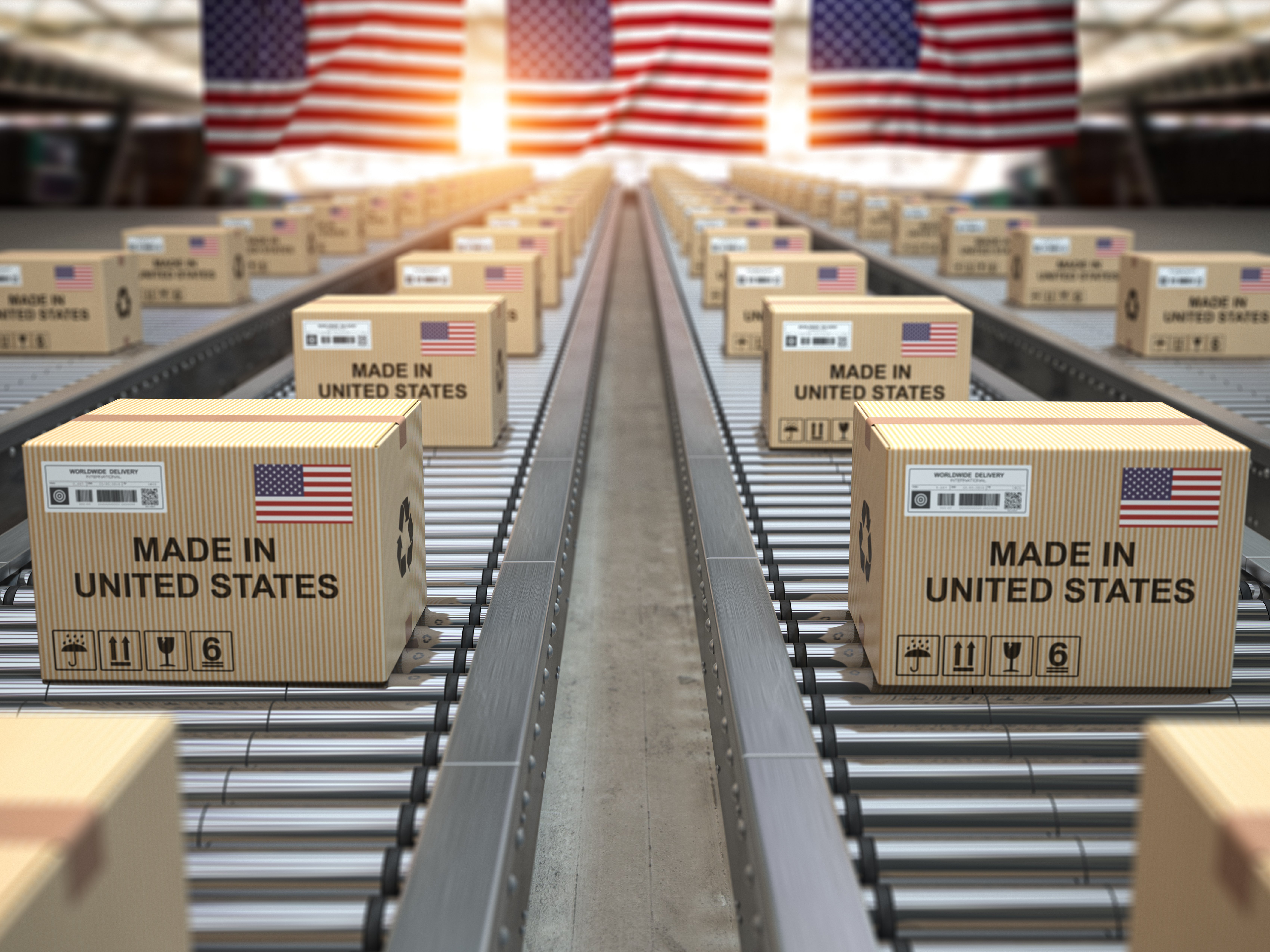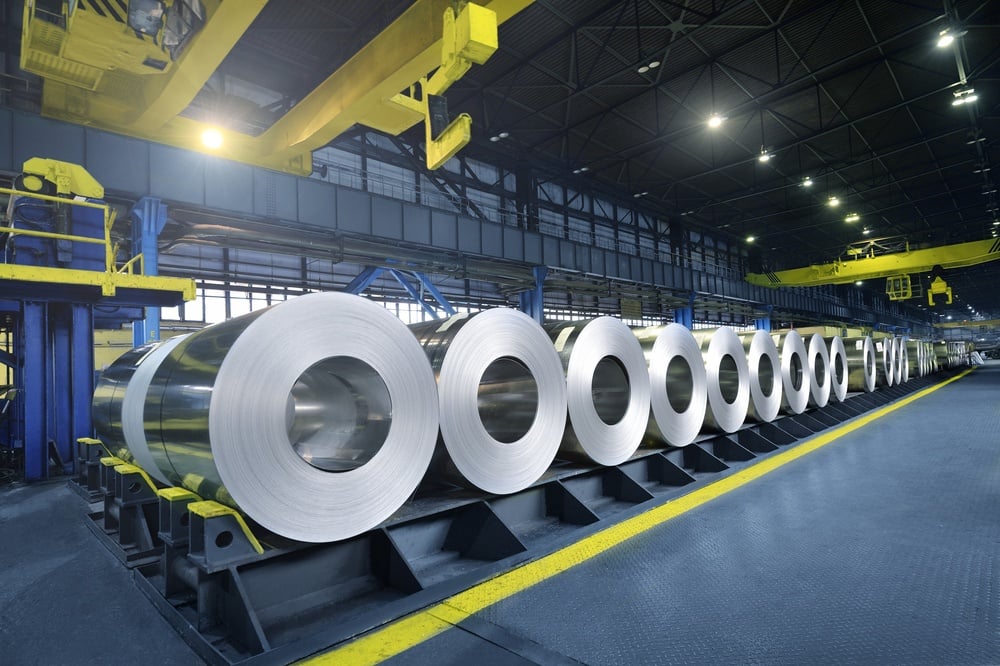How Business Credit Affects Your Supply Chain
Amber Colley May 17, 2016
Your supply chain is similar to a line of standing dominos, if one piece goes down, it could cause a chain reaction and take all the other pieces down with it.
If you have a supplier or manufacturer in your supply chain that goes bankrupt or consistently delivers late, you could have a serious disruption on your hands. It makes sense that you’d want to take the necessary precautions when choosing new businesses to add to your supply chain, in order to try and avoid the domino effect. But, you can’t exactly predict the future, so you’re often taking the risk that a key component to your operations may fall flat.

There are a few ways, however, that you can assess a potential supplier or manufacturer and decide in advance if it seems stable enough to add to your supply chain. By analyzing a business’s credit report, you can use data and predictive scoring to help you decide which companies you want to partner with.
Business Credit Report Basics
A business credit report from Dun & Bradstreet is a combination of different scores and ratings, both predictive and performance based. These scores and ratings are compiled using different methods and are based on the information in Dun & Bradstreet’s database and on trade references that companies can submit for acceptance. Predictive scores can offer insight into whether a business will become delinquent, file for bankruptcy, or become inactive in the near future. Performance based scores offer insight into how low or high risk a business could be, how much credit should be extended to the business, and how credible the business may be overall. A business credit report conveniently displays these scores and ratings, along with other information about the business, in order to help the viewer have a better understanding of a company and how it operates. In the case of the domino supply chain, having this type of knowledge about a business could be the difference between having a strong supply chain or having weak links. Having this kind of insight into the businesses you’re partnered with can also help you manage your cash flow.
When it comes to building a supply chain, one of the ratings many companies rely on to help them assess their partners is the Dun & Bradstreet Supplier Evaluation Rating (SER) rating. The SER rating can be crucial for businesses with supply chains because it helps predict the chance a supplier will become inactive or shut down in the next 12 months. Since an inactive supplier could seriously hurt a company’s supply chain and overall business, the SER rating can be an important part of a business credit report for companies doing research. How the rating works: The SER is calculated on a scale of 1-9. A score of 1 indicates “low risk,” and a score of 9 indicates “high risk.” Some big-box stores may have a certain SER rating threshold for suppliers, to help ensure that the store’s supply chain is strong. When researching potential suppliers and manufacturers, knowing the business’s SER rating could help you choose the strongest option.
How to Use Business Credit to Strengthen Your Supply Chain
You can use business credit to help strengthen your supply chain in two different ways. The first way is by researching and monitoring the business credit of other companies. You can do this by purchasing their business credit reports and by being alerted to changes in their scores and ratings (especially if you have already made them part of your supply chain). The second way is by building and monitoring your own business credit file. Potential suppliers and manufacturers may be looking at your business credit report, too, and they may decide they don’t want to join your supply chain because of your company’s scores and ratings. You may not attract the best companies if your own business credit file is incomplete or inaccurate.
By staying on top of your own business credit as well as researching and monitoring the business credit of others, you can help mitigate risks and build or keep a strong supply chain. Without the data and insights that a business credit report can offer, you could end up with weak links in your supply chain that can hurt your business. Take advantage of the tools available to you and use business credit to help strengthen your supply chain.

The opinions and advice provided in the Dun & Bradstreet articles and blog posts are provided “as-is”. Dun & Bradstreet makes no representations or warranties, express or implied, with respect to the information in these articles and posts and the results of the use of such information.
Did you find this useful?








